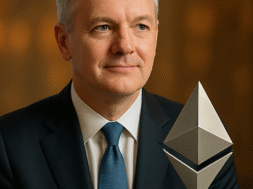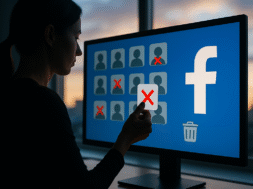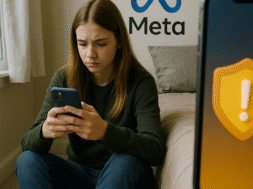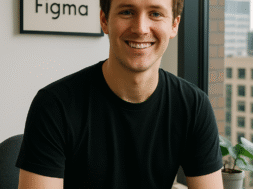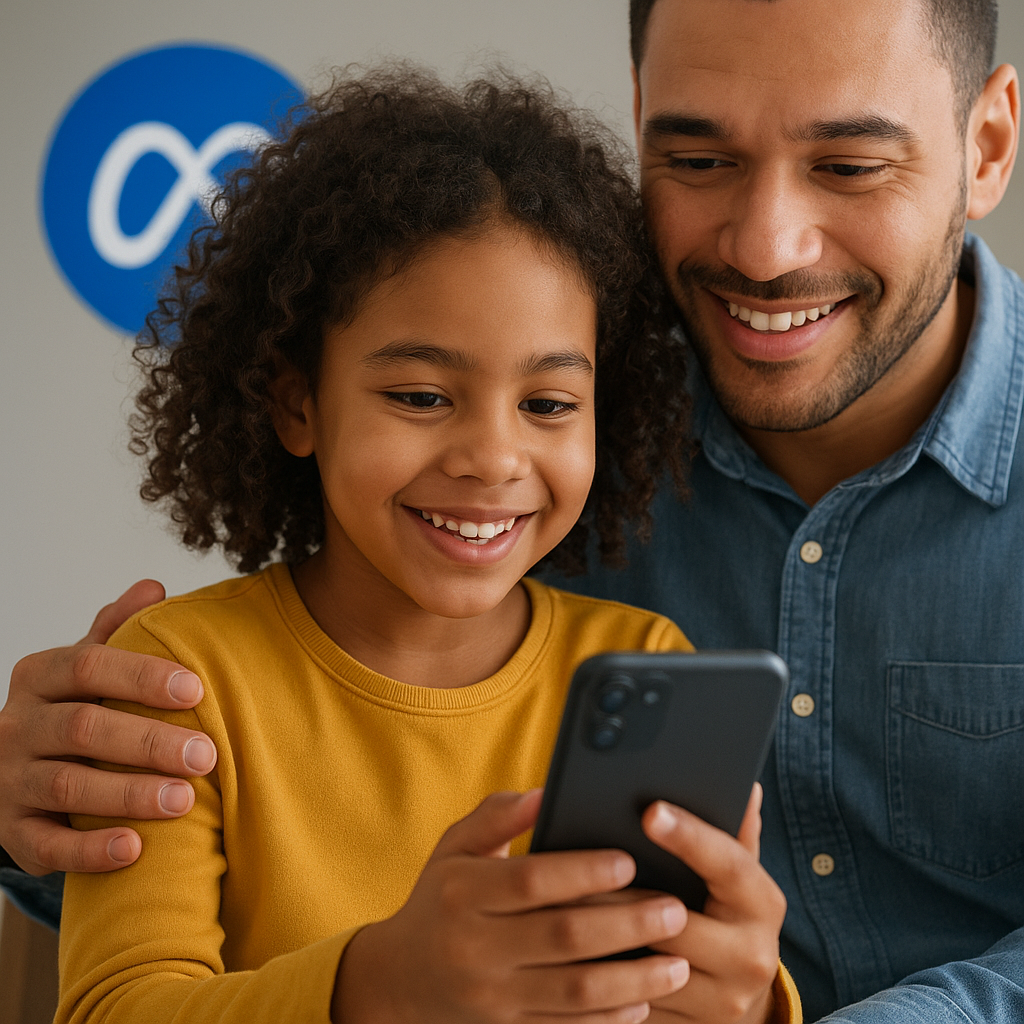
Report Reveals Meta’s Ties With National PTA Amid Rising Concerns Over Child Safety
After losing her 15-year-old son Riley to suicide linked to a sextortion scheme on Messenger, a grieving mother, Mary Rodee, has become a vocal advocate for stronger protections for children online.
“I hold them fully responsible,” Rodee said, pointing directly to Meta for failing to safeguard young users.
She and many other parents have turned their criticism toward groups that publicly promote online safety but accept financial backing from the very companies accused of putting children at risk. One such group is the National Parent Teacher Association (PTA).
The National PTA, a nonprofit with nearly 4 million members and more than 20,000 local chapters, is widely known for its work with schools and families to improve children’s education, health, and safety. However, a new investigation by the Tech Transparency Project (TTP) suggests that its close relationship with Meta helps legitimize the tech giant’s efforts to keep teenagers active on its platforms while downplaying growing concerns about harm.
“As Meta has faced mounting criticism over its effect on young users, the company has sought to influence the public debate with partnerships like these,” the TTP report noted.
Meta has sponsored the National PTA for years, while the association has frequently promoted the company’s digital safety initiatives without always clarifying its financial ties. The collaboration dates back at least to 2010, with Meta’s branding appearing in PTA events and online campaigns.
“It’s unforgivable,” Rodee said. “These groups convince themselves the money is clean, when in reality, children are suffering.”
Neither Meta nor the National PTA disclosed how much the company has contributed. Meta defended its partnerships, stating that it works with experts to educate parents about online safety tools, parental controls, and teen protections. The PTA also emphasized that it does not endorse any particular platform but collaborates with Meta to have “a seat at the table” and provide resources to families.
In past years, Meta worked with the PTA to introduce Messenger Kids (2017) and later sponsored the PTA Connected initiative (2018). PTA’s own social media posts often highlight Meta-backed workshops and resources.
Riley’s case tragically highlights the stakes. He was tricked by a fake account posing as a teenage girl on Messenger, blackmailed for $3,500, and ultimately took his own life. Cases of sextortion are sharply rising, with U.S. authorities reporting thousands of incidents in 2022 alone.
Meta has also been accused by the Federal Trade Commission of misleading parents about controls in Messenger Kids, while school districts and local governments have sued major social platforms for deliberately designing addictive features. Court filings claim Meta used PTA endorsements as part of its broader strategy to influence parents and normalize children’s social media use.
More recently, Meta rolled out Instagram Teen Accounts with new safeguards. The PTA publicly praised the feature in a press release, though critics argue the group failed to disclose Meta’s sponsorship. ParentsTogether and other watchdogs say the protections are still insufficient, noting that harmful content remains accessible to minors.
Meanwhile, other tech giants including Google, YouTube, TikTok, and Discord have also provided sponsorship funds to the PTA. For instance, TikTok gave more than $300,000 in 2024 for programs on teens and social media, despite facing its own safety controversies.
Meta has simultaneously launched its own initiatives, such as Trust, Transparency & Control Labs (TTC Labs), which produces reports on its safety tools—reports Meta later cites to defend its practices.
Despite these efforts, Meta continues to face lawsuits and bipartisan political pressure over allegations that Facebook and Instagram are addictive and harmful to children’s mental health. In July, the company said it removed more than 600,000 accounts tied to predatory behavior and tightened messaging restrictions for teens.
Still, for parents like Rodee, these measures fall short:
“PTAs are trusted in schools, but when they support companies that profit off kids’ struggles, it’s simply unforgivable.”
If you or someone you know is struggling with suicidal thoughts, call or text 988 for immediate help from the Suicide & Crisis Lifeline.








